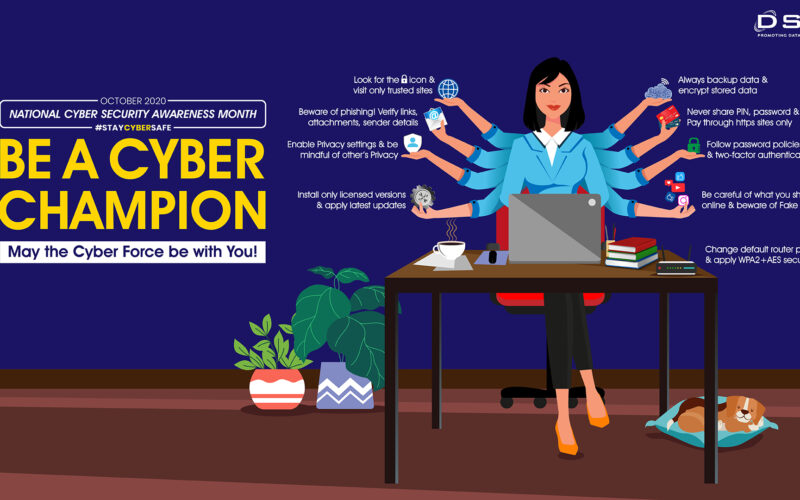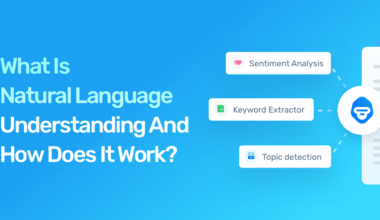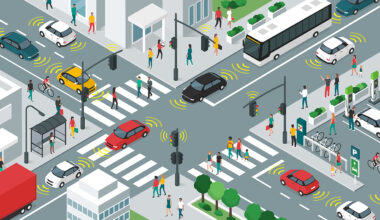Cybersecurity is the practice of protecting systems, networks, and data from unauthorized access, use, disclosure, disruption, modification, or destruction. In today’s digital world, cybersecurity is more important than ever. Our personal and financial information is increasingly stored online, and cyberattacks are becoming more sophisticated.
There are a number of things that individuals can do to protect their data and stay safe online. Here are some tips for cybersecurity awareness:
- Use strong passwords and change them regularly. A strong password is at least 12 characters long and includes a mix of upper and lowercase letters, numbers, and symbols. You should change your passwords every few months, or more often if you think they have been compromised.
- Be careful about what information you share online. Don’t share your personal information, such as your Social Security number or bank account number, with anyone you don’t know and trust. Be especially careful about sharing this information on social media.
- Be aware of phishing scams. Phishing scams are emails or text messages that appear to be from a legitimate source, such as a bank or credit card company. The emails or text messages will often ask you to click on a link or provide personal information. Do not click on links in emails or text messages from people you don’t know, and never provide personal information unless you are sure the website is legitimate.
- Keep your software up to date. Software updates often include security patches that can help to protect your computer from malware. Make sure to install software updates as soon as they are available.
- Use a firewall and antivirus software. A firewall can help to protect your computer from unauthorized access, and antivirus software can help to detect and remove malware.
- Be careful about what websites you visit. Not all websites are created equal. Some websites may contain malware that can infect your computer. Only visit websites that you trust.
- Use a VPN when using public Wi-Fi. A VPN encrypts your traffic, making it more difficult for hackers to steal your data.
- Be aware of the latest cyber security threats. Stay informed about the latest cyber security threats by reading news articles and blog posts on the topic. You can also sign up for email alerts from security organizations.
By following these tips, you can help to protect your data and stay safe online.
Additional tips:
- Use two-factor authentication (2FA) whenever possible. 2FA adds an extra layer of security by requiring you to enter a code from your phone in addition to your password when logging in to a website or app.
- Be careful about what files you open. If you receive an email with an attachment that you don’t expect, don’t open it. Malware can be spread through attachments, so it’s important to be careful.
- Back up your data regularly. This will help you to recover your data if it is ever lost or stolen.
- Be aware of the risks of social engineering. Social engineering is a type of attack that relies on tricking the victim into giving up their personal information or clicking on a malicious link. Be careful about what information you share online, and don’t click on links in emails or text messages from people you don’t know.
Cybersecurity is an important issue, but it doesn’t have to be complicated. By following these tips, you can help to protect your data and stay safe online.












